If you’re an expecting parent and you haven’t thought about how your baby will sleep, then trust us, it will soon be near the top of your agenda. However, try not to put undue pressure on yourself by reading countless books and blogs listing all of the dos and don’ts. There are many ways to help your newborn get the sleep they need - the basic fundamentals learned in antenatal classes, plus your parental instinct will see you through just fine. That being said, here are 7 common mistakes new parents make with newborn sleep.
1. Avoid The Couch
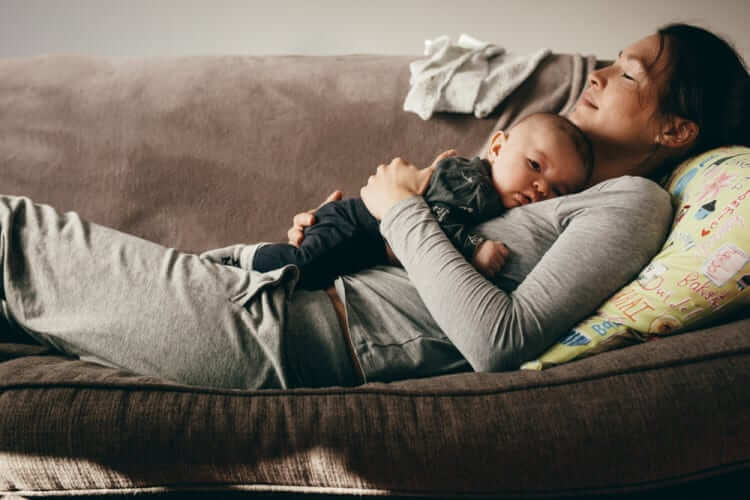
We get it, there’s nothing quite like cozying up on the sofa and nodding off in front of the TV. Somehow it always feels more relaxing than going to an actual bed! Unfortunately, this has to stop once you have a newborn baby for company. It’s totally understandable that you’ll be exhausted, and dozing off in tandem with your baby sprawled across you is bound to happen, but be mindful that this kind of co-sleeping is more dangerous than sharing a bed. Accidentally smothering or dropping your little one is a very real possibility when you drift off on the sofa, whereas setting up a safe spot on your bed is the more responsible option. Just make sure this doesn’t turn into a habit - convincing your baby to sleep on their own after weeks of cozying up with you will not be an easy task!
2. Never Assume
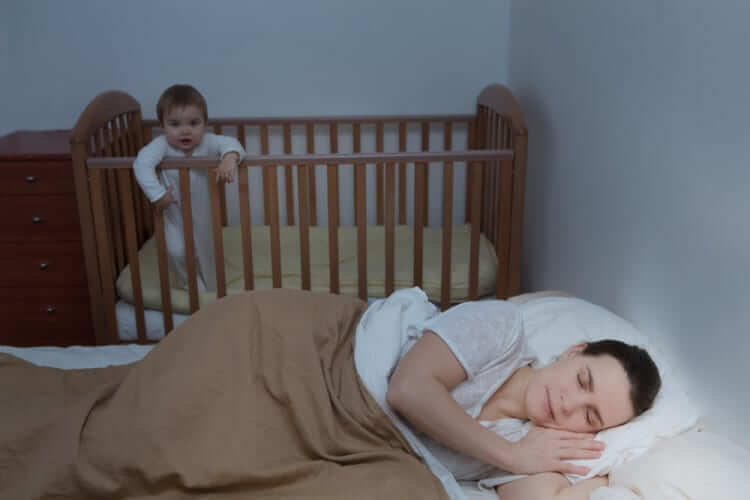
I hate to be the bearer of bad news, but the week-old bundle of joy who conks out after a decent helping of milk will not always be this way. Most newborns spend their first few weeks ‘sleeping like a baby’ as the saying goes, so this isn't a particularly good indicator of how they’ll sleep throughout their infancy. If you do happen to be blessed with a baby who sleeps through the night from early on, then enjoy it! But it would be wise to prepare for this to change at any moment - the infamous 4-month sleep regression, for example, will likely be one of many newborn sleep frustrations.
3. Switch At Six Months
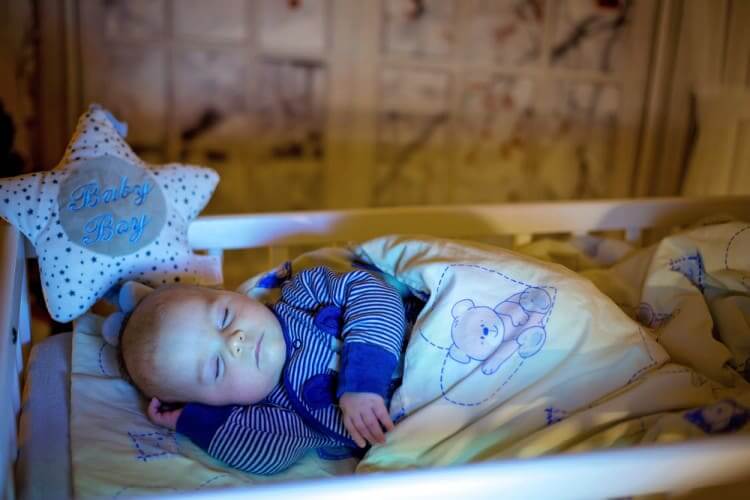
You will obviously have your newborn sleeping in the same room as you, probably curled up in their bassinet beside your bed. Once they turn 6 months though, it’s recommended that you move them into their own bedroom. Not only will they grow out of the bassinet and require a substantially larger cot - this might be a tight squeeze in your bedroom - but your baby will actually sleep better without the smells and sounds of their parents distracting them throughout the night. This works both ways of course, and you’ll probably enjoy better sleep yourselves - just make sure your baby monitor is set up properly and turned up to a sufficient volume. At around this age you might also be beginning sleep training, and because this often results in tears, will be far easier if you’re in separate bedrooms, believe me!
4. It’s Only A Monitor
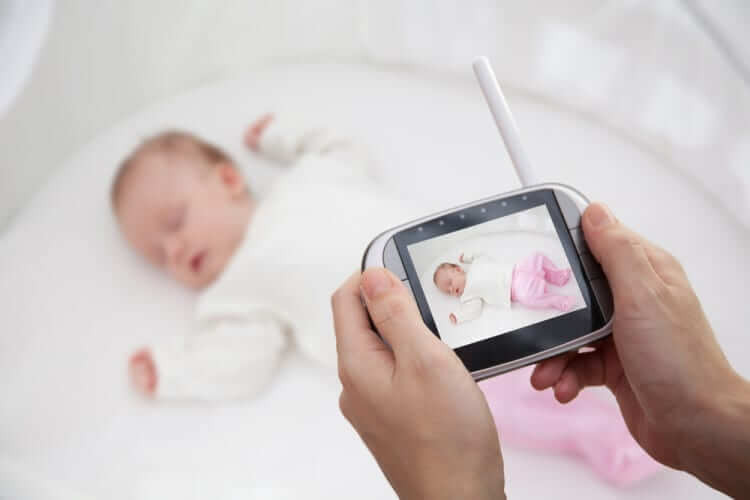
Speaking of baby monitors, these are often the subject of common newborn sleep mistakes made by new parents. Quite honestly, baby monitors these days have become so high-tech that it’s tempting to rely on them solely. Don’t do this. Whilst intuitive, a baby monitor can never replace your actual intuition or ability to physically check on your newborn. These extravagant monitors - cardiorespiratory, or movement sensor-enabled etc. - aren’t recommended, and will only serve to make you more paranoid. Monitors with sensors that sit underneath a bassinet or cot mattress, for example, will often set off by accident and lead to undue panic and even unnecessary trips to the hospital. Instead, select a simple monitor from a trusted brand with a solid set of reviews, and use it to assist your parenting, rather than letting it define your every move.
5. Avoid The Bumper
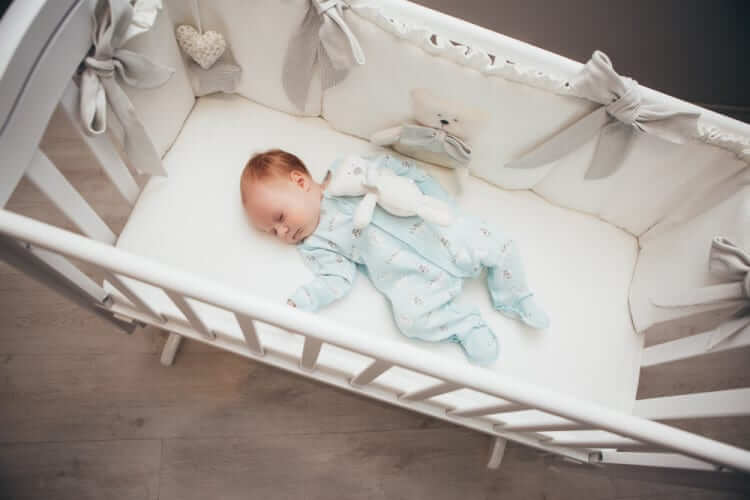
This is easy advice to follow: don’t buy crib bumpers. You might think you’re helping prevent an injury to your newborn who throws their arms about in their sleep, but in truth, you’re putting them in grave danger. Pediatric doctors highly recommend against the use of crib bumpers because babies can become entangled in them, causing strangulation. If you’re anxious about any injuries your baby might be sustaining in their sleep, or concerned about their little fingers and toes getting trapped, consider instead speaking to your midwife.
6. Don’t Stall Sleep Training

There’s always a good reason to push back the arduous process that is sleep training. However, don’t be tempted as you’ll have to do it eventually anyway! Teething, a runny nose, a horrible cough - these are all unpleasant experiences for your newborn, but they aren’t reasons to not start the sleep training process. If you keep on waiting for these to subside then you’ll likely be waiting for their entire infancy!
7. Car Seat Not Car Sleep
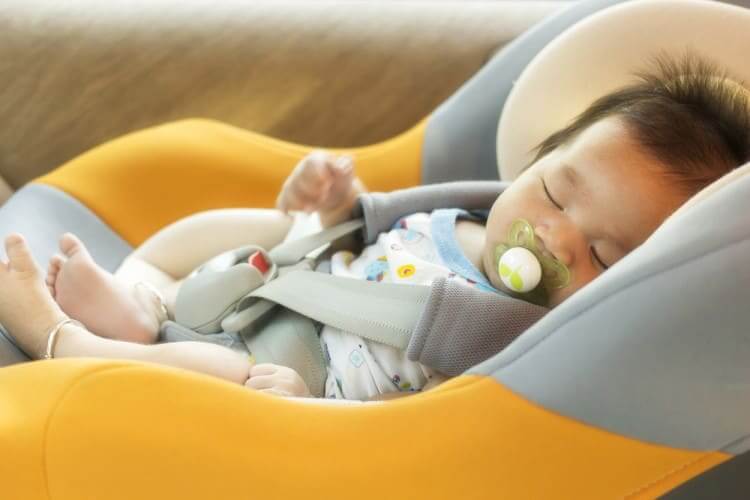
Okay, this won’t be easy. But try (and all you can do is try) to not let your little one nod off in the car seat. This is easier said than done, because it’s extremely convenient at times, and most car seats even have a carry handle that essentially transforms it into a portable cot. However, experts suggest that the posture an infant adopts whilst asleep in a car seat is potentially detrimental to their physical development, and 30 minutes is the maximum recommended snooze time.
